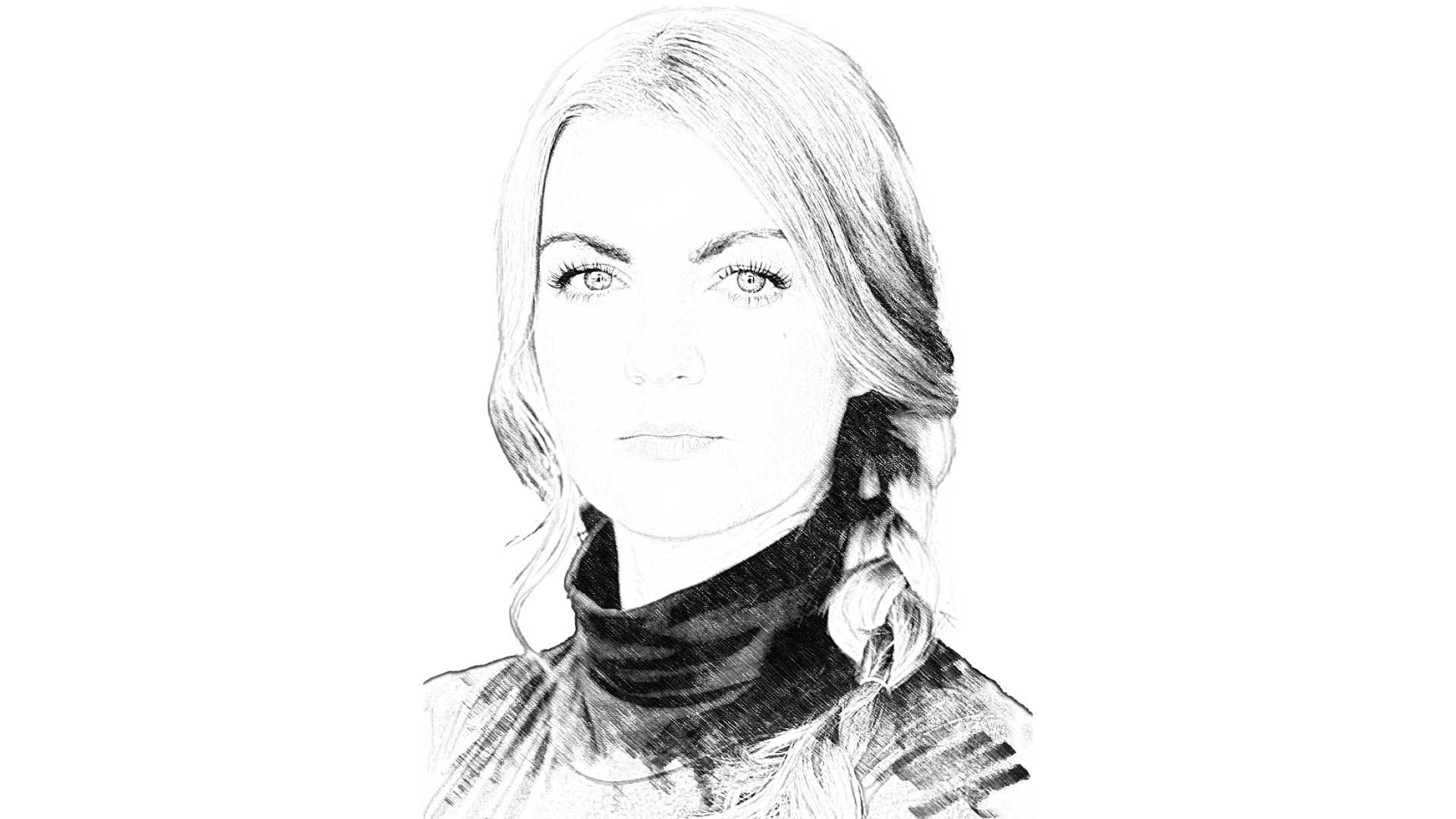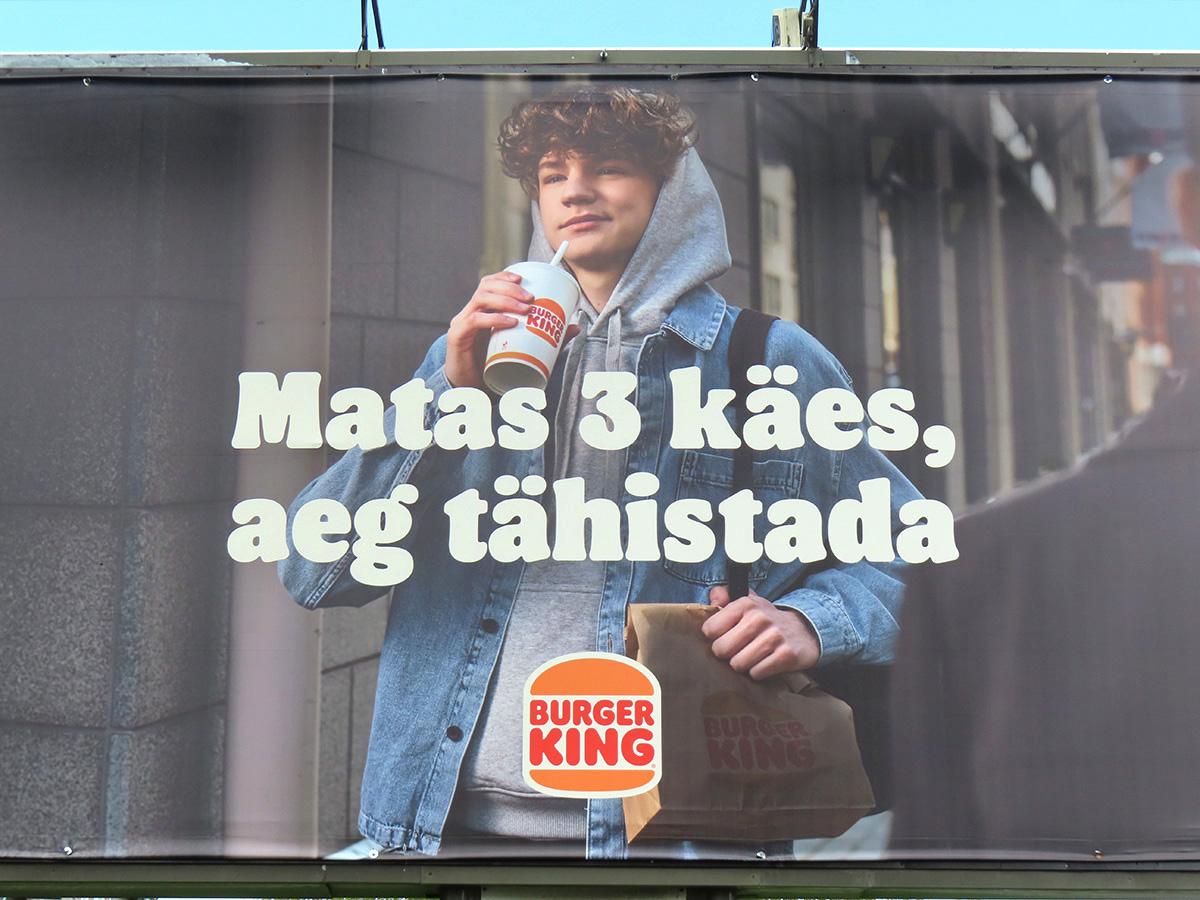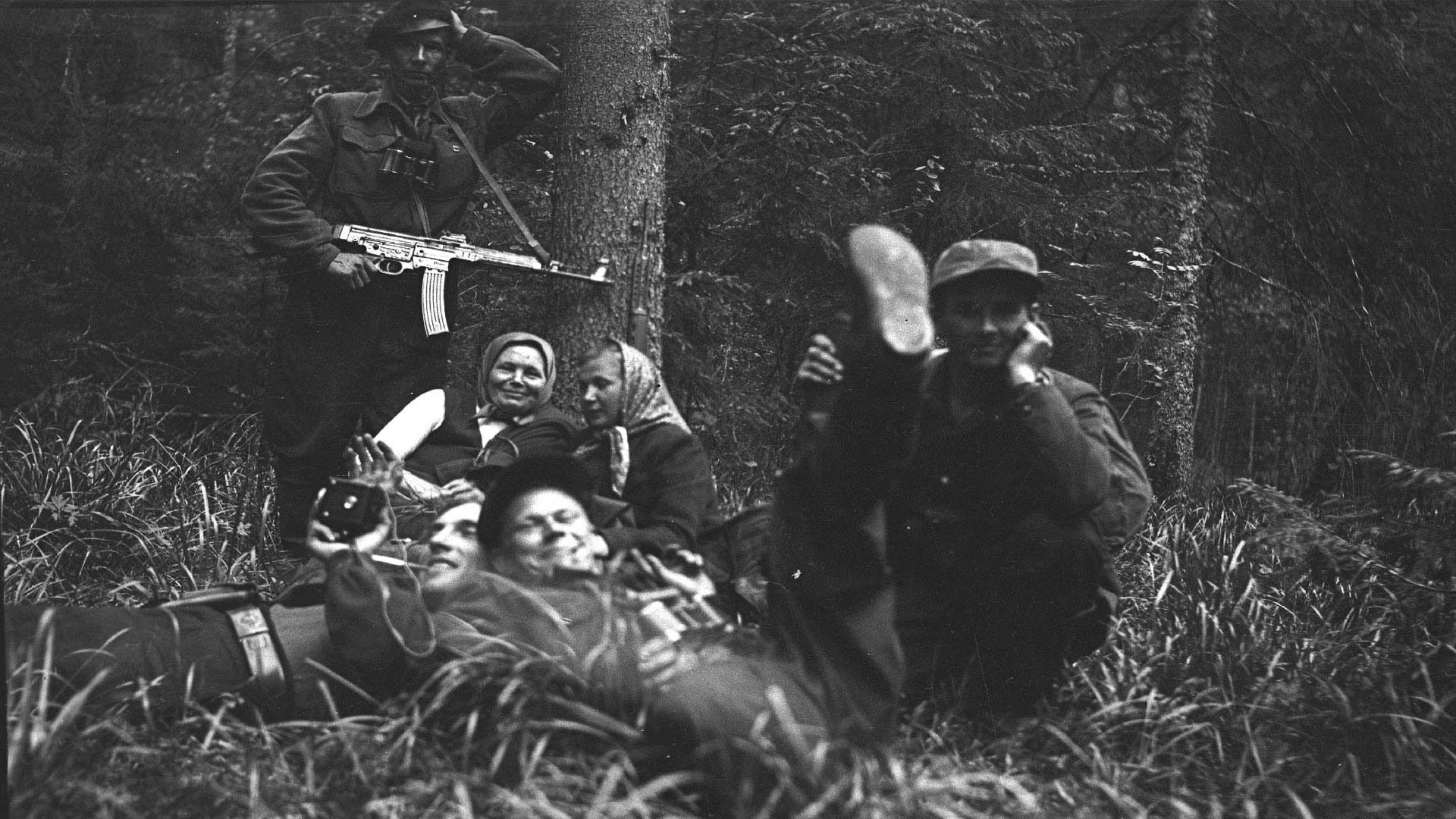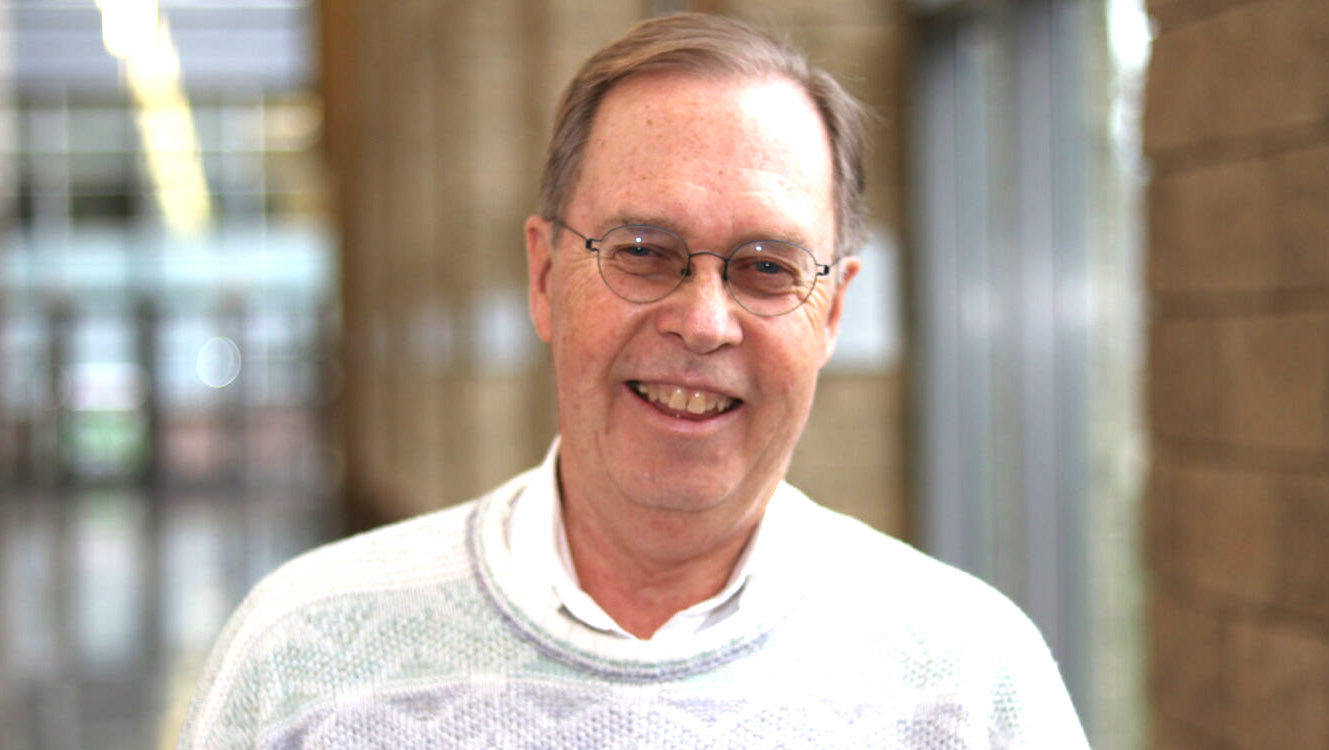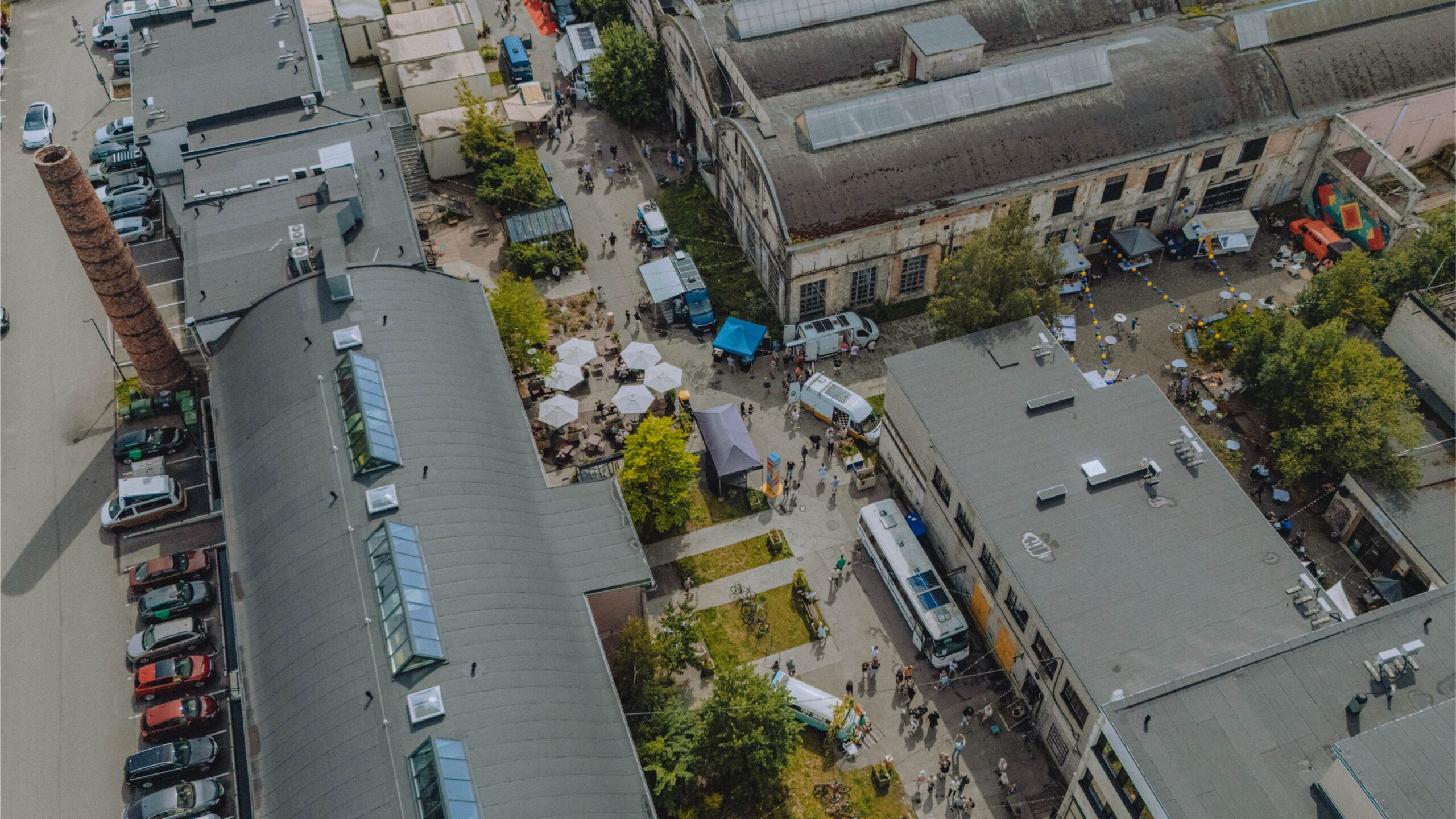January 29th, 2023 marks 10 years since the day my feet touched Canadian soil for the very first time, when I felt a different kind of “welcome home.” I remember how alien I felt during the first events organized by local väliseestlased here in Vancouver. I felt like I was on a mission to educate them on how things were in Estonia now, to bring them up to speed, not realizing that the Estonia they held in their hearts was on a different timeline. A timeline I was not familiar with.
The music they listened to was from before my or my mother’s time. The language and phrases were frozen in time. There were forgotten idioms that sounded funny to the ear of someone from a more modern day Estonia. And although the children of the original Estonian refugees have heard about what happened to people that were left behind, these memories turned into stories, diluted with every new generation born on free Canadian soil.
Those stories, however, live in my DNA as my grandmother’s lived experience of more than a decade in Siberia, as well as memories from my childhood in Soviet-occupied Estonia. We both remember, in our own way.
Without realizing it, I have become one of those väliseestlased, digging deeper and deeper to cling to my roots, so as not to forget. I have tried to seek a community—not with the new Estonians and maybe not even the earlier ones—but a newly-forged one. New Estonia seems to be so wrapped up in its day-to-day business to remember not to repeat previous mistakes. Now I am among the ones watching from afar, looking from a timeline they are not familiar with.
I have been feeling sad lately. Our trauma, the trauma of Estonians, is to project and not look deep within and start healing the wounds inflicted by the atrocities of war and occupation. The pain seems too much to bear. I had been given space to start healing and doing the inner work by being removed from the sharp energy of Estonia. And with that, I can see more and more how most of the people in Estonia have not been given that opportunity, passing these wounded ways on to their children.
It is great to see Estonians coming together to help the people of Ukraine on a grassroots level. What is happening has stirred up fear that was hidden deep. Therefore, contributing to something tangible, like donating money or making candles, helps Ukrainians but also helps to heal Estonia's wounds.
With the stirring up of this fear and the trauma of war, though, I can’t help but wonder—what support is being provided for the elderly people in Estonia, for whom this might feel like reliving their worst nightmare?
I have long stopped following the Estonian media, since having worked within it. I know how sensationalist it can be. It has become even more divisive now. And then I think about those pensioners sitting by the windows of their dilapidated farmhouses on a Sunday morning, with no proper heating and mere pennies to buy some bread. I think about them reading newspapers and feeling like they are all alone in this. Again.
A couple of weeks ago, I contacted someone in the local government of my hometown in Elva, Estonia. I wanted to know what kind of resources they have for elderly people who are struggling right now. When they sent me the contact info of a pensioner’s social club, it became apparent that they had no idea. The people who really need help don’t go dancing on Thursday nights; they do not have a community. They think that they have to do it all alone, because that’s how it was during the war and after it. They don’t know that they have earned their peace and should not have to worry about whether they can pay their electricity bill.
How do I know about this? From time to time, I see a comment here and there from someone who has seen those lonely pensioners getting to a cash register at a grocery store and having to put some of the food back because they don’t have enough to cover the entire bill. As Estonians, our trauma is refusing help, because we were made to believe we were not deserving of it.
This is a timeline and perspective that has been forgotten and lost by many of those in Estonia right now. And I want to do something about it. We have come together to support Ukraine, and in the same way, we can come together as a community to help the elderly in Estonia. To resurrect respect towards their insights on life, to hold their hands, to show them that suffering is not the only option.
While I feel the grief about the timelines I have not been able to be part of, I am grateful to be here in Canada and to be the bridge between the older and newer generations, both in Estonia and among Canadian-Estonians. And I am seeing how being here gives me a platform and the resources to see things a bit differently and to be able to initiate something that can make a difference.
Please check on your elderly friends and family in Estonia. They are struggling and need our help.
